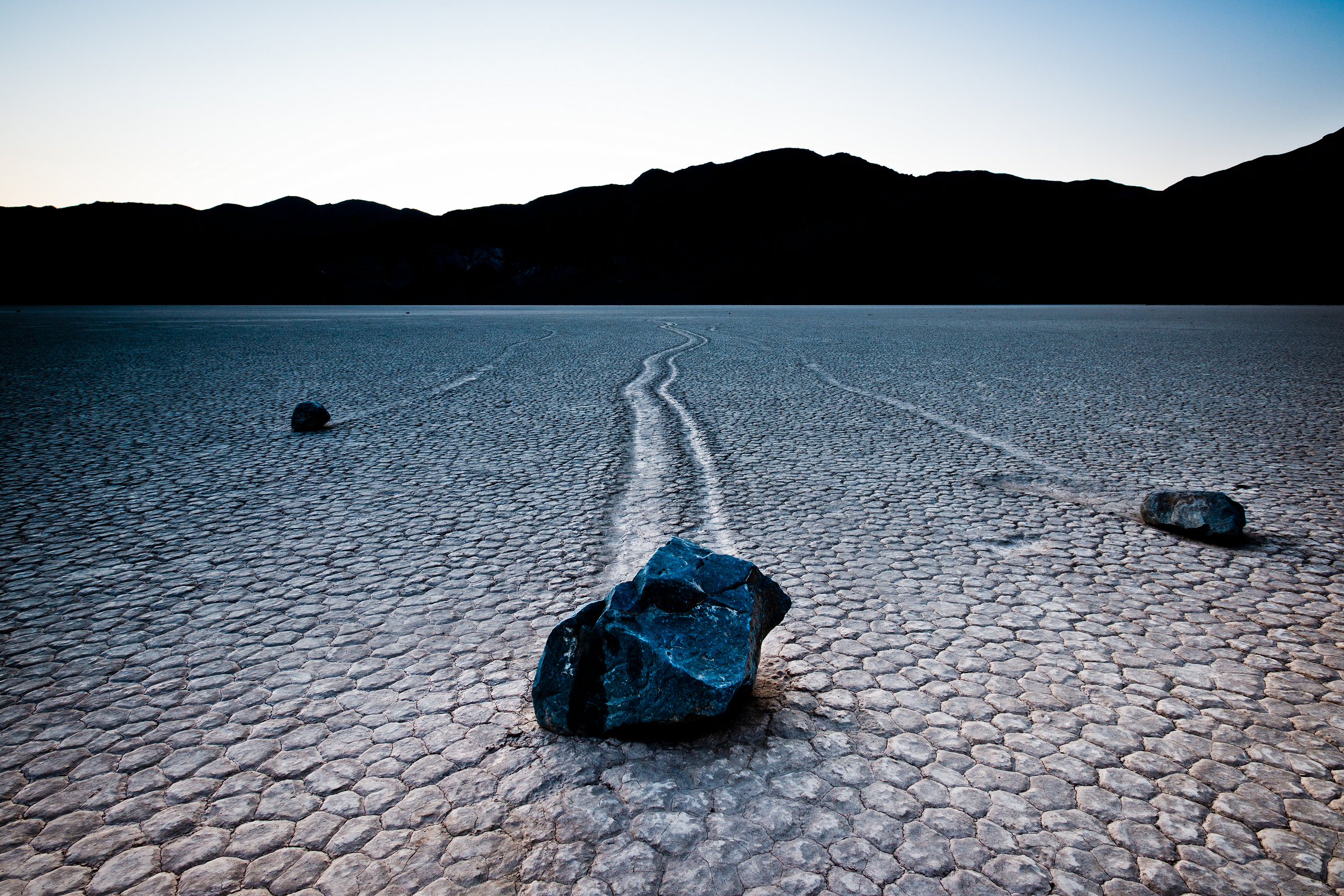As the Overland enthusiast ranks have grown over the last decade, the number of facepalm worthy incidents on public lands, and on social media, is at an all time high.
In recent years, Death Valley in particular has seen a rash of theft and vandalism. Evidently, some people think it’s cool to drive illegally on the salt pan at Badwater Basin and the Racetrack Playa, or to steal fossilized footprints left by prehistoric animals as well as Native American artifacts. Some have even taken to tagging graffiti on rocks. Real cool bro. Real cool.
I’ve led several groups throughout the furthest reaches of Death Valley, and it boggles the mind that anyone would defile such a magical place.

The latest insult came in late October 2017 when unknown vandals scratched graffiti into the mud bottom of Ubehebe Crater in Death Valley National Park, an area considered sacred to the native Timbisha Shoshone people. And if...
Continue reading...
Last edited by a moderator:
